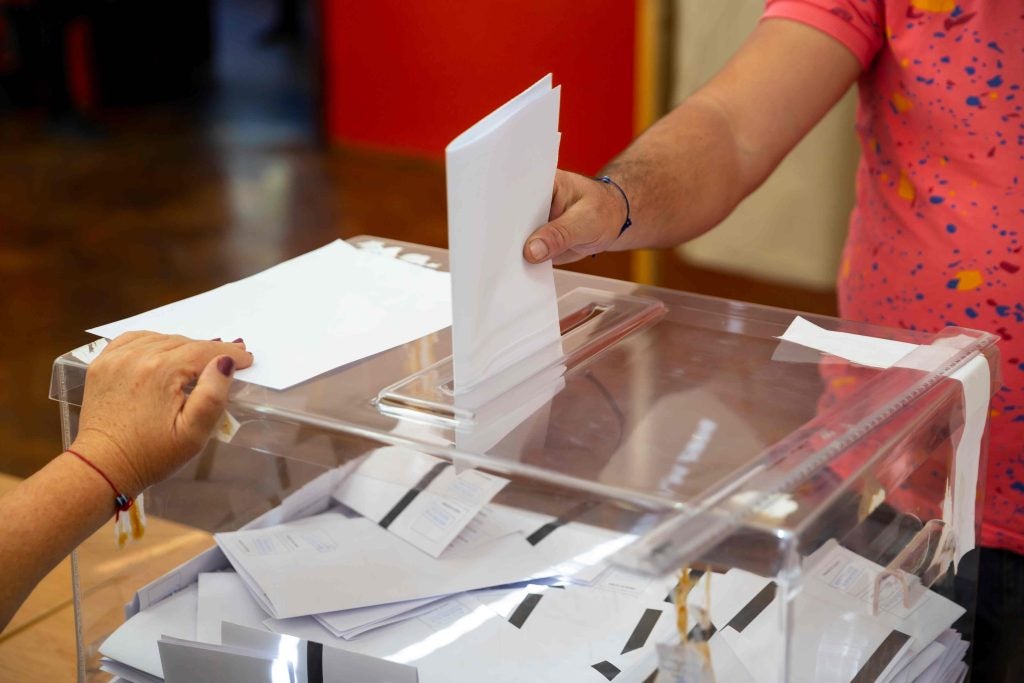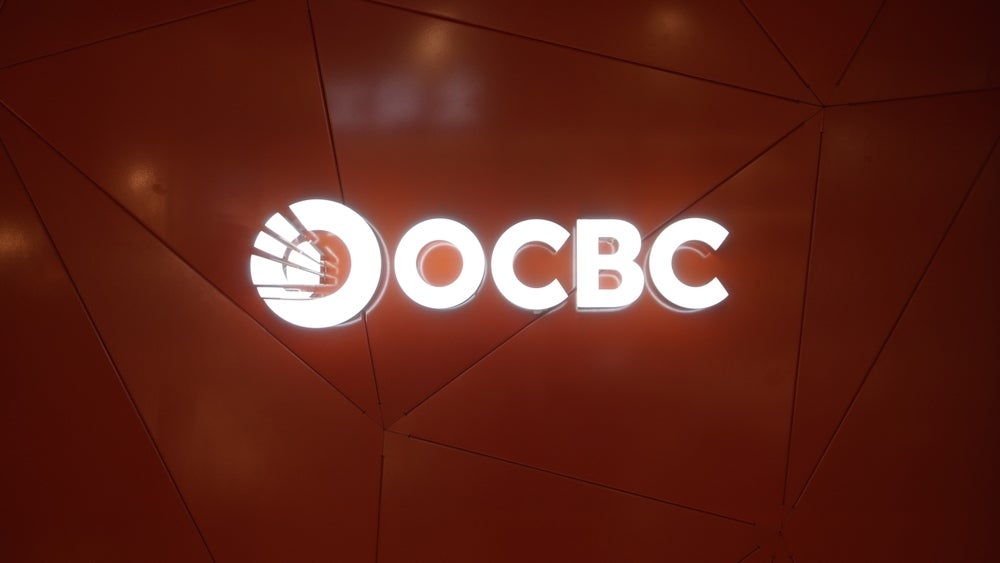The return of volatility will make it vital for investors to consider hedging against downside risk and cut back on ‘me too’ investments in 2015, according to the BlackRock Investment Institute’s 2015 Investment Outlook.
The Outlook, ‘Dealing with Divergence’, explores the Institute’s main economic assumptions, top investment ideas and views on likely cross currents for 2015.
BII anticipates that divergent monetary policies and growth trends will be key themes of 2015. Financial conditions in the U.S. and U.K. will likely tighten due to a pickup in growth and improving labor markets, and will loosen elsewhere, particularly Japan and Europe.
Nominal risk-free rates should stay "low for long." A low rate environment suggests that investors will continue to "stretch for yield."
For investors, caution will be key, as valuations in most markets are rich and investor faith in monetary policy underpinning asset prices is high, with many investors now embracing momentum investment strategies. "Such valuations and a voodoo-like belief in momentum raise the cost of mistakes," BII notes.
"Pockets of volatility are likely," said Russ Koesterich, the BII’s Global Chief Investment Strategist. "It’s key for investors to develop a plan to prepare for a return to a more normal volatility regime."
How well do you really know your competitors?
Access the most comprehensive Company Profiles on the market, powered by GlobalData. Save hours of research. Gain competitive edge.

Thank you!
Your download email will arrive shortly
Not ready to buy yet? Download a free sample
We are confident about the unique quality of our Company Profiles. However, we want you to make the most beneficial decision for your business, so we offer a free sample that you can download by submitting the below form
By GlobalData"Readiness rules in 2015. Equity and fixed income markets could fall in tandem, challenging traditional diversification," said Peter Fisher, Senior Director of the BlackRock Investment Institute. "Relative value strategies and alternative investments can help."
Worldwide: Recovery Remains Mostly Tepid
Around the globe, the recovery from the 2008 financial crisis has been unusually tepid, the BII notes, with nominal growth in 2015 expected to be below the 15-year trend in most economies, except for the U.S. and Japan.
"Many pro-growth assumptions — rising wages and inflation expectations, a behind-the-curve Fed and an uptick in global growth — did not pan out in 2014," the BII says. "GDP forecasts have had one common thread lately: downward revisions."
On the other hand, the ongoing oil price decline, if sustained, could counterbalance the low-growth trend in 2015, giving a boost to growth in most economies. The price fall should dampen headline inflation in the developed world. This could strengthen calls for monetary stimulus in weak economies and help keep a lid on bond yields in stronger ones. Cheap oil could drive up consumer demand and "benefit some emerging markets nations due to improved trade balances, reduced government subsidies and lower inflation," BII notes.
The US: An Economy Poised to Accelerate; Currency Likely to Strengthen
The U.S. economy is in a cyclical upswing, and is one of the world’s few major economies expected to perform well in 2015. A rising U.S. dollar will likely be the key financial market trend of 2015, bringing a de-facto tightening of global financial conditions because the greenback is still the world’s premier funding currency. European and EM companies with U.S. sales could benefit from a strong U.S. dollar.
"Steady growth in employment, a moderate (yet patchy) housing recovery and rising capital spending (capex) all point to a sustainable recovery," the BII says.
The BII expects the Fed to start tightening monetary policy in 2015, "but only at a gentle pace, likely ending at a historically lower end point than in previous cycles."
When it comes to the impact of higher rates on U.S. equities, the BII notes that there is likely to be a big difference between the performance of low-beta stocks (defensives) — which historically do well when rates are falling (and vice versa) — and high-beta stocks (cyclicals) — which do best when rates rise, but only when the rise is mild. "If history repeats itself, this bodes well for cyclical stocks in 2015," the BII says.
The Eurozone: A "Low-Flying Plane" with Rebound Potential
The BII describes the eurozone as like "a low-flying plane that constantly hits air pockets, with occasional lifts and near-death experiences." Its recovery from the recent financial crisis has fallen far short of that from previous crises around the world — and dramatically short of the typical recovery from past recessions.
Eurozone growth could yet surprise on the upside, the BII believes, with expectations at rock-bottom and the European Central Bank likely to deliver on market hopes for full quantitative easing (QE). QE’s "wealth effect" (the impact on consumer spending from boosting asset prices) would not mirror the U.S. experience due to lower equity and home ownership rates in Europe, but QE could have a big impact on confidence, the BII says.
Even a moderate cyclical rebound would be a booster for European risk assets, the BII says, and indeed the bar is low: Greece looks likely to be the fastest-growing eurozone economy in 2015, although it could also be a source of risk with an election likely in early 2015.
The BII’s ideas for exploiting a potential rebound include cyclicals such as European auto makers — many companies are trading near 2008/09 lows — and contrarian investments in beaten-down luxury goods makers and integrated oil majors.
Japan: Upward for Equities
Japan is "all in" on a high-stakes bet that monetary stimulus will jumpstart the country’s economy, the BII says, with the Bank of Japan’s balance sheet now swollen to almost 60% the size of Japan’s GDP.
The Bank of Japan is buying equities as well, a move that — especially when combined with a decision by Japan’s $1.2 trillion Government Pension Investment Fund (GPIF) to more than double its allocation to Japanese and foreign equities — should offer a big boost to equity markets. Other pension funds and households may start mirroring the GPIF’s move and shift some of their cash piles into stocks.
In 2015, "the path of least resistance is likely to be up (further) for Japanese equities and down for the yen," says the BII. Other factors offering support for Japanese stocks include the cheapest valuations in the developed world and dividends and stock buybacks now at the highest level in six years, and poised to climb further.
Market gyrations are not out of the question, however, with the biggest near-term risk for Japan a loss of momentum for "Abenomics," Prime Minister Shinzo Abe’s plan to revitalize the economy and drag Japan out of a two-decade economic funk.
Emerging Markets: Growing Divergence
Divergence in the emerging world is becoming more evident due to tightening U.S. monetary policy and falling commodity prices, according to the BII. The reforms anticipated in many emerging markets next year are only likely to accentuate this divergence.
Satellites of the eurozone and Asia will likely import dovish monetary policies from the European Central Bank and Bank of Japan, respectively, and will have room to cut rates to spur growth. Brazil and Russia might have to hike rates to defend their currencies. Others, including Mexico and China, stand to gain from U.S. economic momentum.
What these diverse countries have in common, the BII notes, is that traditional export models are challenged, with export growth essentially flat for the past three years. The reasons are weak global demand from the developed world and a deceleration in the emerging world’s locomotive — China.
"Weak emerging market currencies and equity prices have offset the lack of export growth to some extent," the BII says. "Yet countries could do more to unlock their potential: improve infrastructure, institutions and education, and enact reforms to make their economies more competitive. We prefer countries implementing reforms to open up their economies; a little reform can go a long way in boosting asset values."
Emerging market equity valuations are generally cheap, relative to both developed market stocks and their own history, but company selection will remain key to effective strategies in this sector, the BII suggests.
The BII’s Investment Ideas for 2015
- We like Japanese and European equities due to cheap valuations and monetary boosters. We favor U.S. ‘cyclicals’ over ‘defensives’ as the Fed tightens monetary policy.
- We prefer credit such as U.S. high yield and European bank debt over sovereign debt. We like hard-currency EM debt, and favor U.S. Treasuries over other safe-haven bonds.
- We like income-paying real assets such as property and infrastructure, but want to get compensated for being illiquid.
- Our contrarian idea: beaten-up natural resources equities as a hedge if U.S. dollar strength fades.







